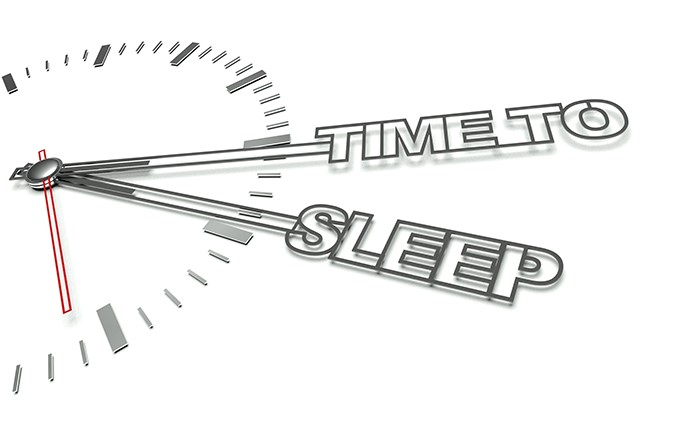
By Kevin Marrs, courtesy SBAM Approved Partner ASE
Looking to take your companies wellness program to the next level? One Japanese company may have landed on an idea to do just that. Bloomberg reported that the wedding organizer firm Crazy Inc. is paying its employees to get a good night’s sleep. Employees who sleep at least six hours a night for at least five nights will be awarded redeemable points for food in the company’s cafeteria. According to the report, the sleep is tracked by an app made by a mattress manufacturer.
Crazy Inc., is not the only firm to attempt to tackle sleep deprivation among its employees. At Aetna, the insurance company, employees can earn $25 for every 20 nights in which they sleep seven hours or more.
For some context, Japan is notorious for its culture of long work hours. And, while Japan is certainly not alone in that distinction, there have been some high profile and unfortunate cases in that country of “karoshi” or “death by overwork” and these companies are taking a proactive approach to combat that issue.
In addition to the sleep incentives, Crazy, Inc. also promotes better nutrition, exercise, and a more positive office environment.
Admittedly, this incentive, meant to address a very specific cultural problem, may not make sense for the average employer. However, lessons concerning employee well-being can be drawn from this example.
Productivity and Sleep
There is a body of research that highlights the problem of sleep deprivation. A 2016 study by RAND Europe sought to quantify the costs of insufficient sleep among the global workforce. For their study, they focused on five countries including the U.S., the UK, Canada, Germany, and Japan.
Their findings showed that the overall cost of lack of sleep is high. Specifically, their model showed that the economic losses range from 2.92% of a country’s GDP per year in the case of Japan, to 1.35% in Canada. Further, their model suggests that lack of sleep costs the U.S. more than $400 billion a year in lost productivity and causes a loss of 1.23 million working days per year due to insufficient sleep.
Where do these costs present themselves? Notably, lack of sleep has been shown to contribute to increased absenteeism and presenteeism. It also causes health risks including higher mortality rates.
The Rand Europe study suggests that employers can play a greater role in encouraging healthier behaviors. Specifically, they recommend that employers promote healthy sleep habits, design and build brighter workspaces, combat workplace psychosocial risks, and discourage the extended use of electronic devices.
What is interesting, is that all the long work hours have not helped Japan’s weak productivity. In fact, according to 2018 data of The Organisation for Economic Co-operation and Development (OECD) Compendium of Productivity Indicators, the country has the lowest productivity among G-7 nations. They might be onto something with this new sleep initiative.